Now Enrolling
Admissions and Tuition
719-543-5271
Schedule a School Tour
Giving
Annual Fund Information
Admissions and Tuition
Schedule a School Tour
Annual Fund Information
The Lower School at McClelland includes kindergarten through fourth grade. These classrooms are characterized by hands-on, exploratory learning with thematic units that encourage curiosity and critical thinking. Students participate in a number of field trips and all-school activity days that aim to build community and bring their classroom learning to life.
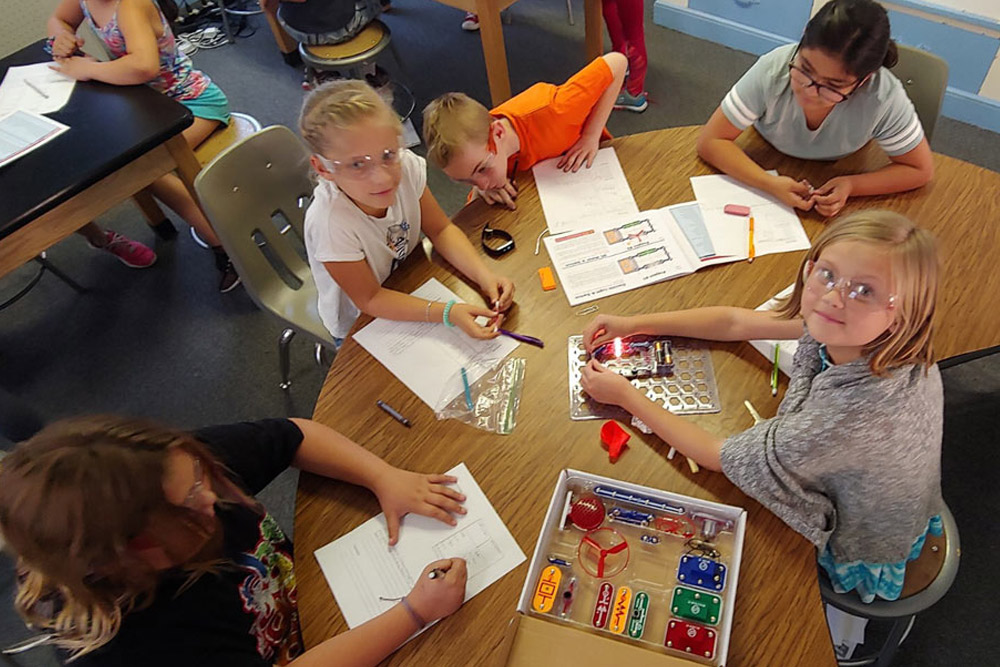
At McClelland, science is taught using a variety of resources that connect students to their inner curiosity as they lead investigations to uncover the mysteries of the universe. Hands-on and virtual learning, along with STEM activities, help them make relevant and lasting connections between science and their everyday lives. At our All-School Science Day, students work together to engineer experiments that demonstrate classroom learning and build community across grade levels.
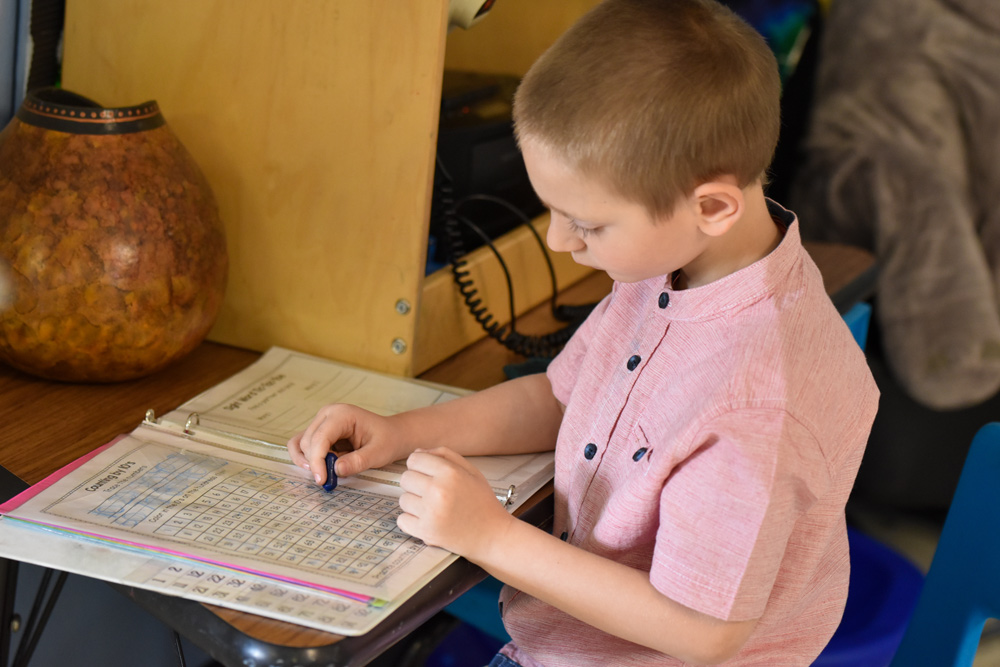
In kindergarten through fourth grade, our math teachers use a comprehensive, research-based curriculum designed to promote growth, foster discourse and develop a math community. Content balances problem solving with conceptual understanding, while rigorous lessons help students develop perseverance and critical thinking skills. Students are assessed three times yearly in algebra, number sense, measurement, data, and geometry in order to monitor growth and target individual learning needs.
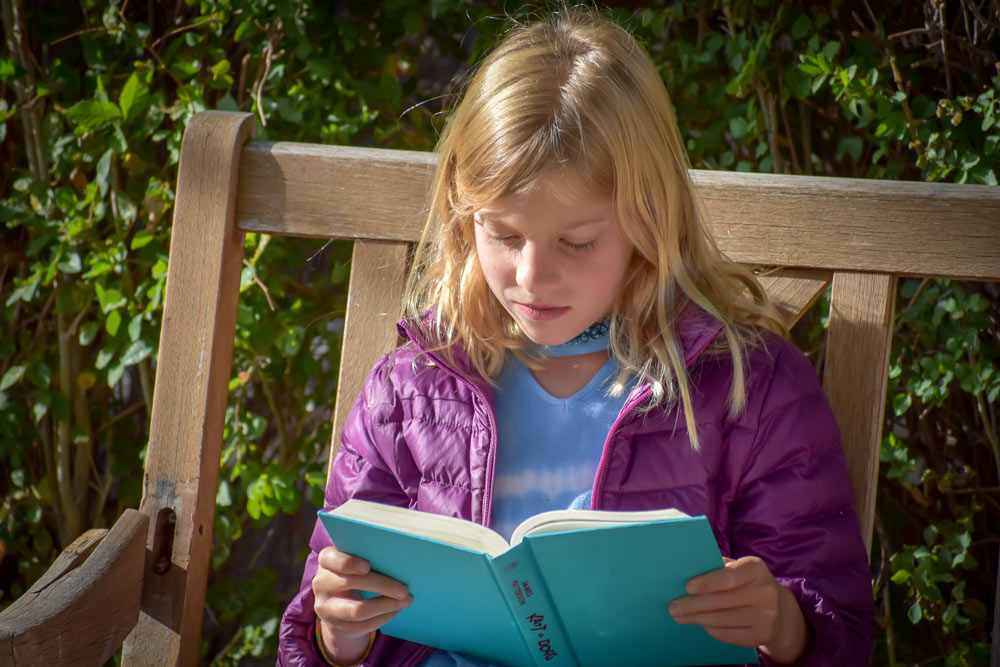
Reading and writing are taught at McClelland in kindergarten through fourth grade using a workshop framework based on active engagement. In addition to phonemic awareness and phonics and grammar instruction, reading and writing lessons include a balance of whole-class, small-group, one-on-one instruction, and independent practice. Students learn to build comprehension and critical thinking skills in narrative, informational and opinion genres through learning progressions. Lower school students are assessed in comprehension, mechanics and fluency three times yearly in order to monitor growth and target individual learning needs.
In our lower school, teachers use a combination of explicit instruction and guided practice to build fine motor and penmanship skills. We introduce cursive in second grade and keyboarding in third grade. Studies show that visual-motor skills, such as hand-eye coordination, are associated with academic achievement. Scientists have also found that developing fine motor skills in early childhood can predict not only writing success but better performance in reading and math in elementary school.
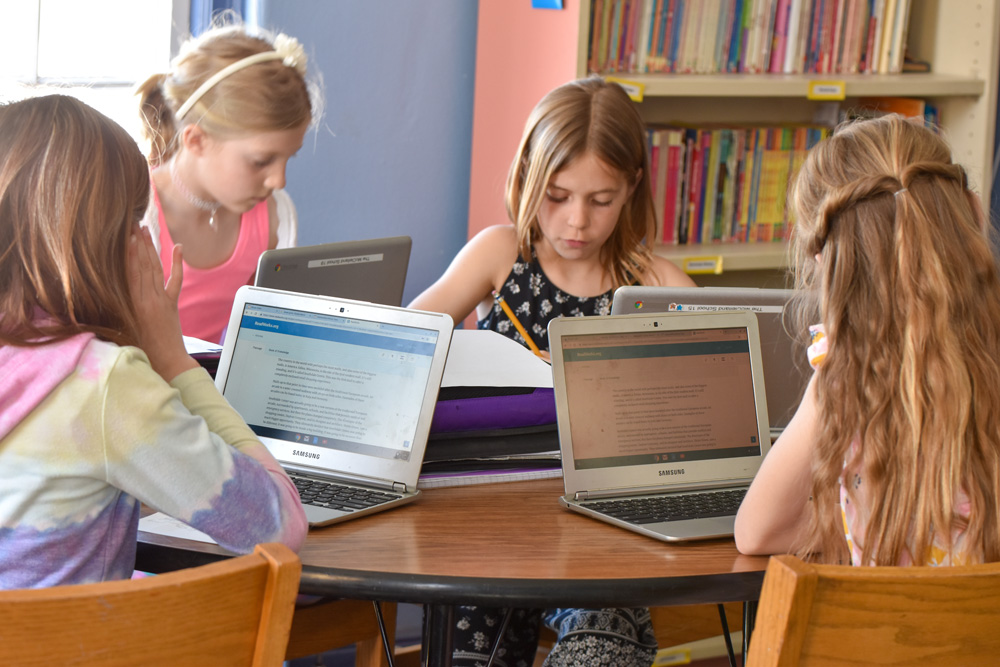
At McClelland, we wait to introduce technology to the classroom until third grade. At this time, students will be assigned a Chromebook that stays in the third and fourth-grade classrooms. Students will use their Chromebooks for intentional typing instruction with the Keyboarding Without Tears curriculum. They also begin to use their Chromebooks for research projects and learning to create reports on Google Slides, Google Docs, and Google Sheets.
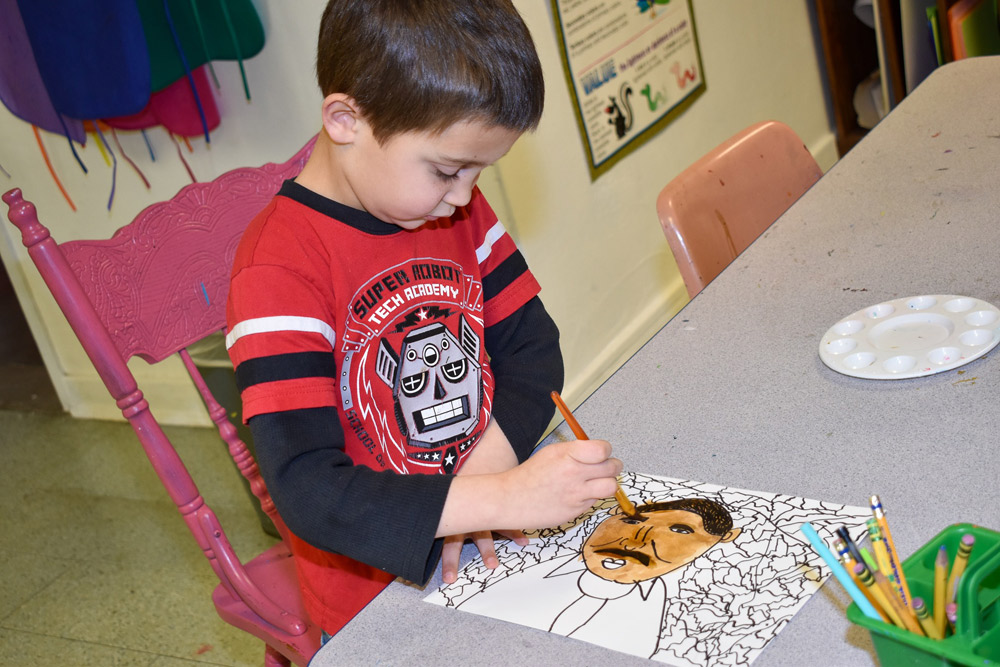
At The McClelland School, all of our students received Spanish, music, art, and P.E. from specialist teachers who are experts in their field. In the Lower School, these teachers collaborate with our classroom teachers to develop lessons that are age-appropriate and reflect the other learning in the classroom. For example, if students are learning about Native American history, they may study about Native American art and create a Kachina doll in art class and may learn about Native American music in music class.
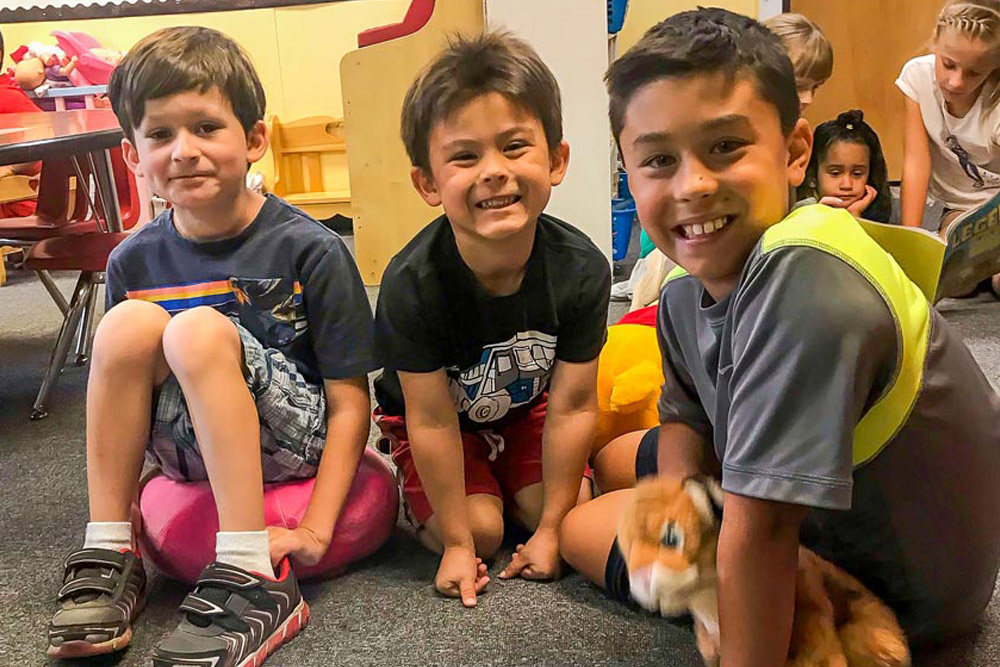
Through our social-emotional learning curriculum, Sanford Harmony, our students begin learning skills such as sharing, communication, and empathy. Using age-appropriate materials, teachers facilitate lessons and activities that enhance students’ communication and relationship-building skills. The five themes of Sanford Harmony are Diversity and Inclusion, Empathy and Critical Thinking, Communication, Problem-Solving, and Peer Relationships. Each of the Harmony themes addresses an important need in schools to create positive and proactive environments that support student success.